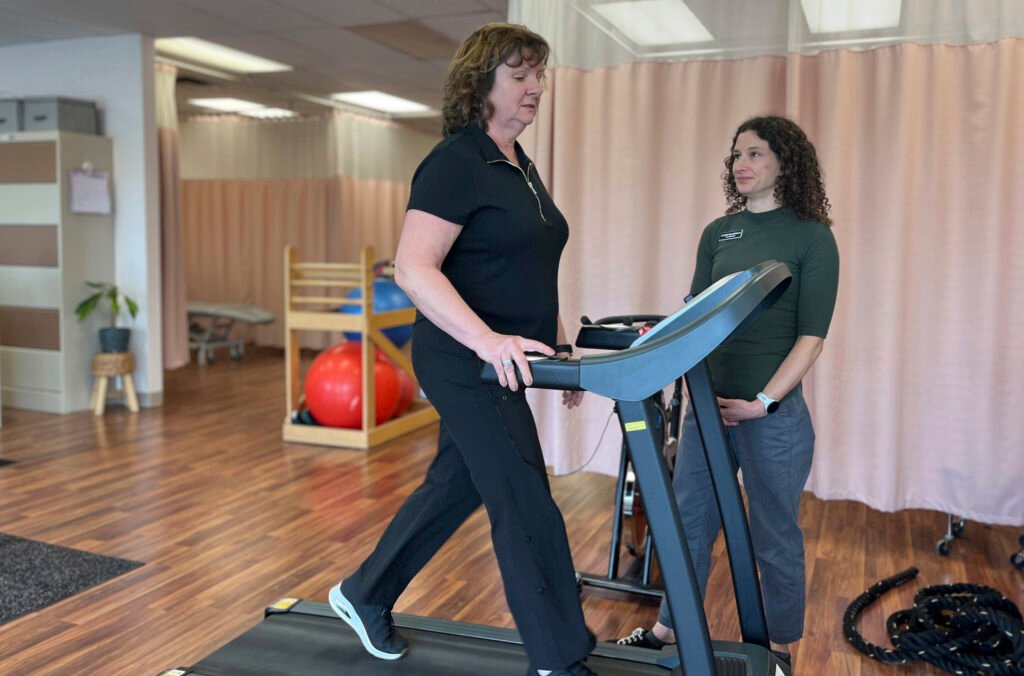Exercise Boosts Survival Rates in Colon Cancer Patients, Study Shows
A groundbreaking three-year exercise program has shown significant improvements in survival rates for colon cancer patients, as well as helping to keep the disease at bay. This international study, the first of its kind, has demonstrated that the benefits of exercise for colon cancer patients can rival some traditional drug treatments. Experts are now suggesting that cancer centers and insurance plans should consider incorporating exercise coaching as a new standard of care for colon cancer survivors.
The study, conducted in Canada, Australia, the United Kingdom, Israel, and the United States, compared patients who participated in a structured exercise program with those who received only an educational booklet. This randomized controlled trial provided strong evidence that exercise can play a crucial role in improving outcomes for cancer survivors. The results of the study were presented at the American Society of Clinical Oncology’s annual meeting and published in the New England Journal of Medicine.
A total of 889 patients who had completed chemotherapy for treatable colon cancer were followed in the study. Half of the participants received information on fitness and nutrition, while the other half worked with a coach. The coached group met regularly with their coaches to develop ways to increase physical activity. One participant, Terri Swain-Collins, shared that she chose to walk for about 45 minutes several times a week, a decision that she found both empowering and beneficial for her overall well-being.
After eight years, the individuals in the structured exercise program not only increased their physical activity levels but also experienced a 28% reduction in cancer recurrence and a 37% decrease in overall mortality. While there were some minor side effects such as muscle strains reported in the exercise group, the benefits far outweighed the risks.
The study authors believe that exercise programs for colon cancer patients can be offered at an affordable cost, providing significant benefits in terms of cancer prevention, overall health, and longevity. Ongoing research will explore the biological mechanisms linking exercise to cancer prevention, including the role of insulin processing and immune system function.
Patients like Terri Swain-Collins have found that staying active post-treatment has been instrumental in their recovery and ongoing well-being. By incorporating exercise into their daily routines, cancer survivors can take an active role in reducing their risk of cancer recurrence and improving their overall quality of life.
This new evidence has the potential to revolutionize the way we approach cancer care, with exercise playing a central role in survivorship programs. By emphasizing the importance of physical activity and providing support through coaching and education, healthcare providers can empower cancer patients to take control of their health and well-being.
In conclusion, this groundbreaking study has definitively shown that exercise can lead to improvements in survival rates for colon cancer patients. By integrating exercise coaching into standard care practices, we can help more patients achieve better outcomes and live healthier, longer lives.


